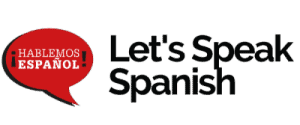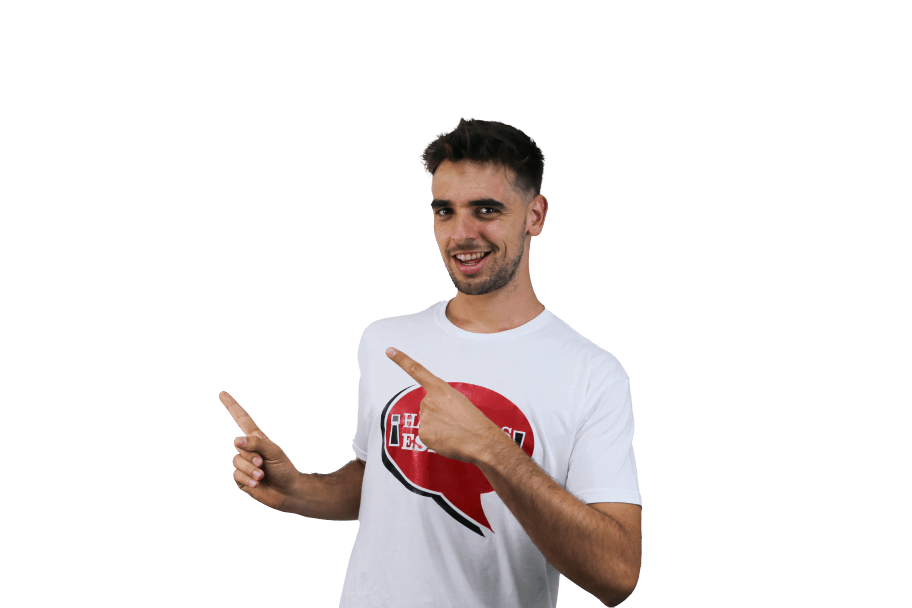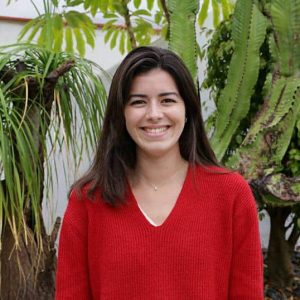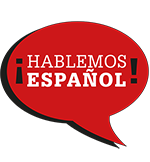8 Iconic Hispanic Women
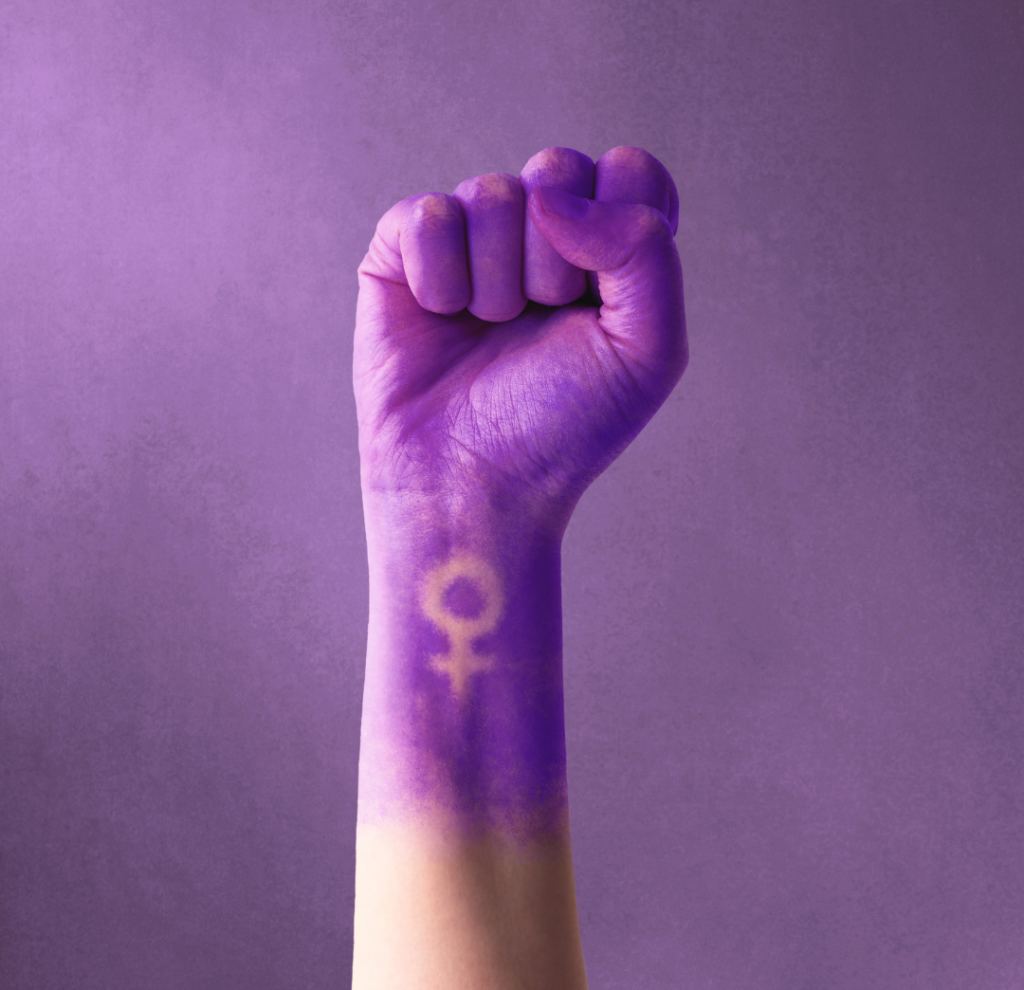
-
Save
In this post you'll find:
- Information about 4 iconic Spanish women,
- information about 4 iconic Latin women,
- many videos and recommendations to keep learning about them.
Table of Contents
Intro
On March the 8th we celebrate women’s rights and the place they have in today’s world after fighting to reach it. This is our small tribute to these women who impacted History and made our paths easier to walk.
Dive into some of the most important female icons of Hispanic culture and keep improving your Spanish.
Ana de Miguel (Spain)
Ana de Miguel (Santander, 1961) is a Spanish feminist thinker and philosopher. She is currently a Professor of Moral and Political Philosophy at the Universidad Rey Juan Carlos and Director of the History of Feminist Theories course at the Universidad Complutense de Madrid.
She has won numerous prizes and awards for her work on the interpretation of reality from a gender and feminist perspective. She has written 8 books, collaborated in the work of others and has published many articles in different publications. Among her most popular works today we’d like to highlight:
- Neoliberalismo sexual. El mito de la libre elección (2015).
- Ética para Celia. Contra la doble verdad (2021).
If you are interested in learning more about this key figure in today’s feminism, we recommend you to watch this interview she did in 2022 for the popular Spanish podcast El sentido de la birra.
Ángeles Santos Torroella (Spain)
Ángeles Santos Torroella (1911-2013) was a Spanish surrealist painter born in Catalonia who was influenced by Cubism, the thinkers of the time and various Spanish painters such as El Greco. However, her work is also influenced by Valladolid, the city where she moved as a child and where she spent her entire life. In her work she portrayed members of her family, her friends (La tertulia) and also painted several self-portraits. The paintings of her early period are the most popular, and the most well-known piece from this period is Un mundo (“A World”). This work is on display in the Reina Sofia Museum in Madrid.
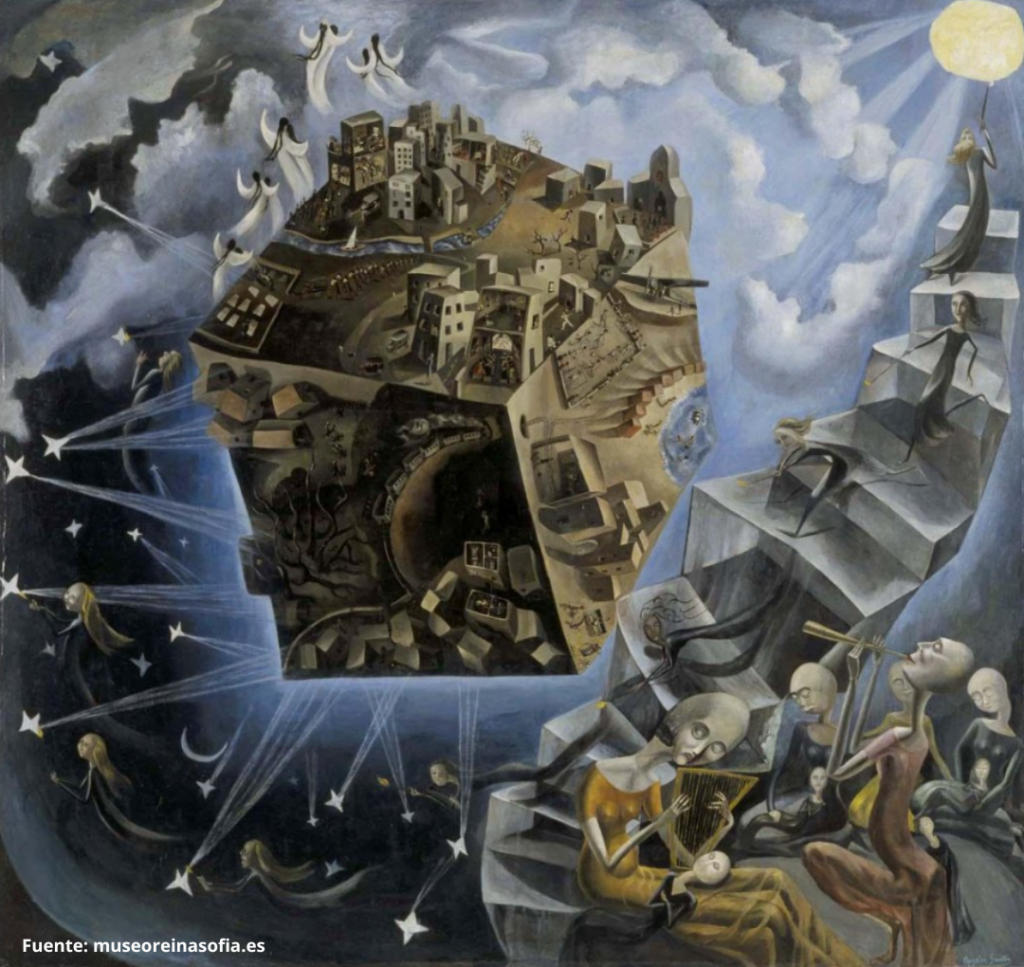
-
Save
Here you can watch a short documentary about this artist.
Julia Rodríguez-Maribona (Spain)
You may have heard or read that the mop is a Spanish invention created by the Spanish engineer Manuel Jalón, but that is not true. In the early 1950s, two women created the prototype of what we know today as the modern mop and the mechanism in the bucket for wringing it out. They are the Catalans Julia Rodríguez-Maribona and her mother, Julia Montoussé Fargues. Why was it then thought to be someone else’s invention? Because it was not until a decade later, when Manuel Jalón’s company bought the design, that an improved version was produced and its use began to spread. So, although the invention was the work of these two women, the engineer who modified it and manufactured it on an industrial scale has always been famous in books.
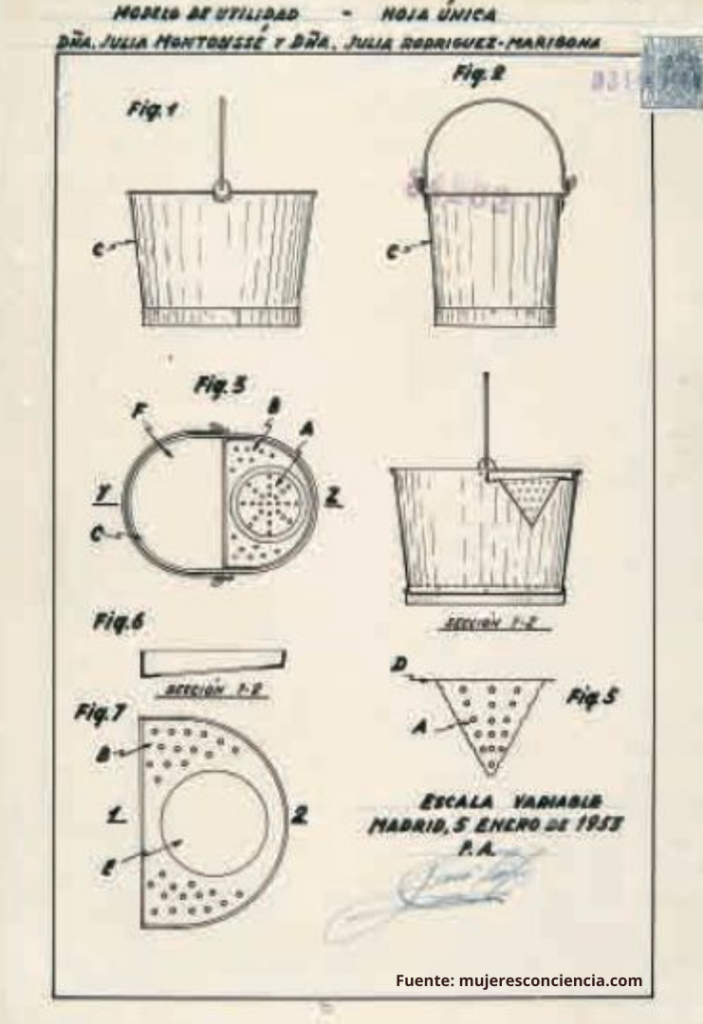
-
Save
Here is a video explaining this story and the differences between the models of Julia Rodríguez-Maribona and Julia Montoussé Fargues and Manuel Jalón’s version.
María de la O. Lejárraga (Spain)
María Martínez Sierra (1874-1974), known artistically as María de la O. Lejárraga, is one of Spain’s most important female writers. In addition to working as a teacher, she wrote novels, plays, articles, opera librettos and musical comedies. However, it was not until relatively recently that she was recognised as the multifaceted artist that she was. But, wait a second… How did this happen? Why does her name not appear in textbooks and why have you never heard of her until now? Well, it is very easy. During the first decades of her professional career, all her works were signed by her husband, since it was the only option for her to publish, but the credit and fame went to her husband. Canción de cuna is one of the most important Spanish plays in history and was written by her. This play has been performed internationally and has also been adapted into 5 national and international films.
If you’d like to learn more about this prolific writer, you can watch this documentary.
But if you prefer listen about her life in podcast form, here you have a podcast with a short but detailed biography about María de la O Lejárraga. Did you know that Disney’s Lady and the Tramp was her idea, but she never got any credit for it? Listen all about it here:
La Biblioteca Nacional de España will offer an exhibition dedicated to this artist called María Lejárraga: una voz en la sombra (María Lejárraga: a voice in the shadows). The exhibition will be on display from the 5th of July until the 29th of September 2024 at the National Library of Spain in Madrid.
Alfonsina Storni (Argentina)
One of the most popular Hispanic songs and with more covers is undoubtedly Alfonsina y el mar (Alfonsina and the sea). Have you ever heard it? But who is the Alfonsina that this sad song is about? Well, it is Alfonsina Storni.
Below you can listen to Rosalía’s version of this beloved song.
Alfonsina Storni was a Swiss-Argentine writer and poet who gained recognition in the early decades of the 20th century, despite the feminist themes of many of her works, in which she always defended women’s equality and freedom. Her style has been described as “modernist”, “late romantic” and “avant-garde”, depending on the period and the critics. Here are some of the poems that characterise her struggle for equality. In this text she uses irony to talk about those men who do not respect women’s independence and freedom, but treat them as their property.
Hombre pequeñito (Little Man)
Hombre pequeñito, hombre pequeñito,
(Little man, little man,)
suelta a tu canario que quiere volar...
(release your canary which wants to fly...)
Yo soy el canario, hombre pequeñito,
(I am the canary, little man,)
déjame saltar.
(let me jump.)
Estuve en tu jaula, hombre pequeñito,
(I was in your cage, little man,)
hombre pequeñito que jaula me das.
(little man who cages me.)
Digo pequeñito porque no me entiendes,
(I say little man because you don't understand me,)
ni me entenderás.
(and you won't.)
Tampoco te entiendo, pero mientras tanto
(I don't get you either, but meanwhile)
ábreme la jaula que quiero escapar;
(open the cage I want to escape;)
hombre pequeñito, te amé media hora,
(little man, I loved you for half an hour,)
no me pidas más.
(don't ask me more.)
If you want to know more, you can read a detailed biography of this writer here.
Chavela Vargas (Costa Rica - Mexico)
Chavela Vargas (1919-2012) was a Costa Rican singer known for her expressiveness and unmistakable voice when performing iconic songs of Mexican popular music. She moved to Mexico as a teenager and changed her nationality to Mexican. Her versions of traditional and popular Hispanic music such as Piensa en mí, Un mundo raro and Paloma negra brought her international recognition, especially after collaborating on the soundtracks of some of Spanish film director Pedro Almodóvar’s films.
She was known as the Lady with the Red Poncho, because she always wore this type of garment in this colour, but what characterised her and made her a symbol was her refusal to fit into the standard of femininity expected of female singers at the time. She always wore trousers and behaved as she wished, regardless of the social norms of that period. She did not speak openly about her homosexuality until late in her life, but she never hid it and her love stories with different women, such as Mexican artist Frida Kahlo, are well known.
To find out more about this important singer for Hispanic culture, we recommend the 2017 documentary Chavela. Below, you can watch the trailer of this documentary.
Idelisa Bonnelly (Dominican Republic)
And now let’s meet a scientist who changed forever the opportunities for people to get an education in her country. Idelisa Bonnelly (1931-2022) was a Dominican marine biologist who was the driving force behind the creation of the first School of Biology in her country. She is considered the “mother of marine conservation in the Caribbean” for her important work for the creation of the Banco de la Plata Humpback Whale Sanctuary and for her continuous efforts throughout her professional career for the protection of the biodiversity of the oceans. In addition to all this, she is one of the pioneers and promoters of women scientists and a reference for many.
Below is a short video with information about the work of this important scientist.
Michelle Bachelet (Chile)
Verónica Michelle Bachelet Jeria (Santiago de Chile, 1951) is the first female president of Chile in history. But how did it all begin? Well, during the dictatorship of the military dictator Augusto Pinochet in Chile, while she was studying medicine at university, she had to go with her mother to Australia in 1975, where they became the first political refugees accepted by this country at that time. Her father was a political prisoner who died in prison. This experience and her activism against the dictatorship led her to enter politics in this country. She was Minister of Health in 2000, Minister of Defence in 2002 and became President in 2006 and, for the second time, in 2014.
In addition to her political career, she has also served as United Nations High Commissioner for Human Rights (2018-2022) and was the first head of the UN agency for gender equality: UN Women.
If you want to know more about the life and career of this woman, here you have more information and if you are interested in knowing more about her vision of the world, we recommend this in-depth interview with the journalist Iñaki Gabilondo.

-
Save
Would You like to Take Your Spanish to the Next Level?
Whether you’re a complete beginner or you’re an advanced student, with us you’ll reach the next level of Spanish quickly and easily. With 24 Levels to Spanish fluency, the next level is always close by, so you will never lose motivation.
You can choose between:
In both cases, you’ll learn Spanish using our successful 24 Level System to Spanish Fluency® and our unique Spanish teaching methods.
Cultura con Juanjo: the Spanish Podcast Series
Keep learning all about important Hispanic women with our own exclusive podcast about Music. This time our host Juanjo brings you Cantautoras, one of our podcasts from our musical series Ritmos y Raíces. Listen and enjoy!
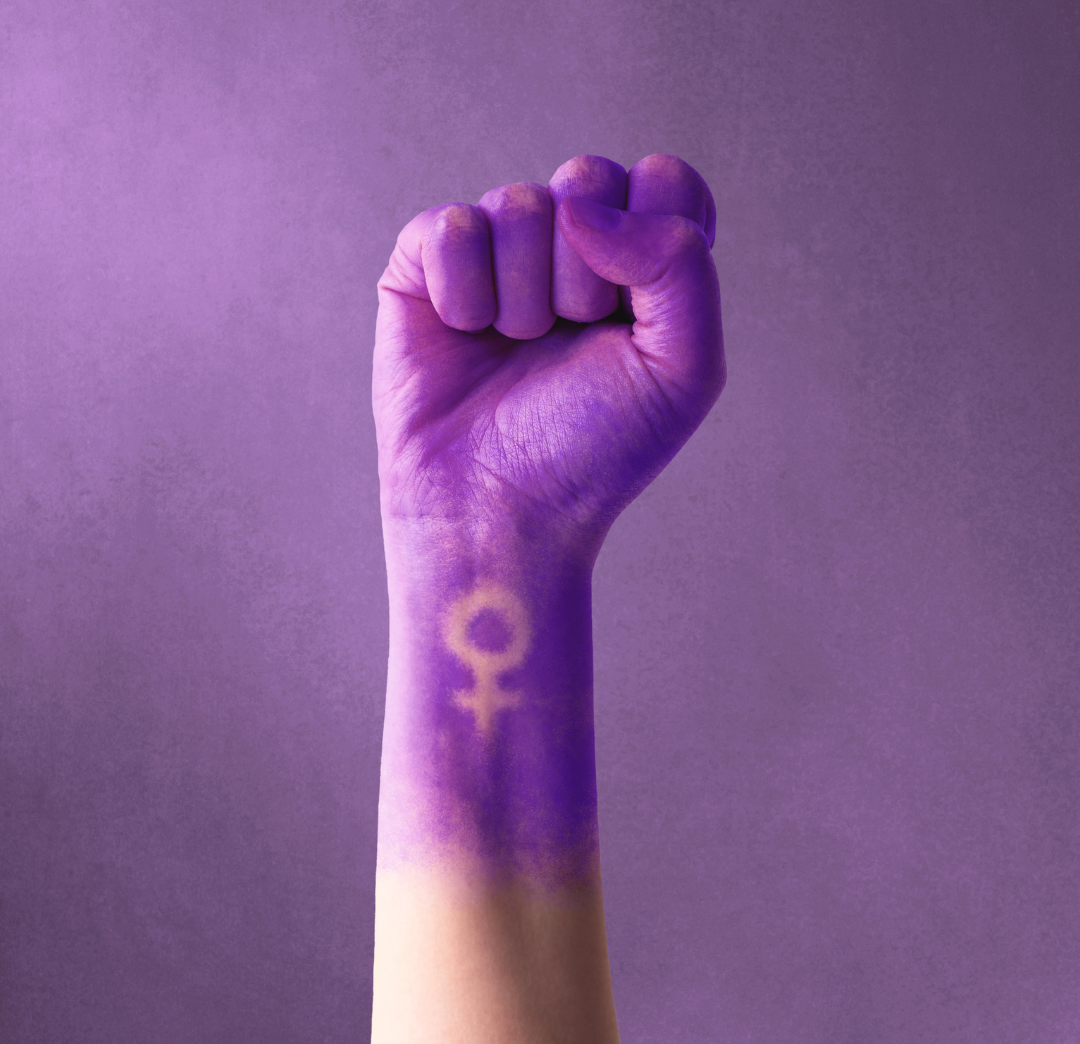
-
Save
